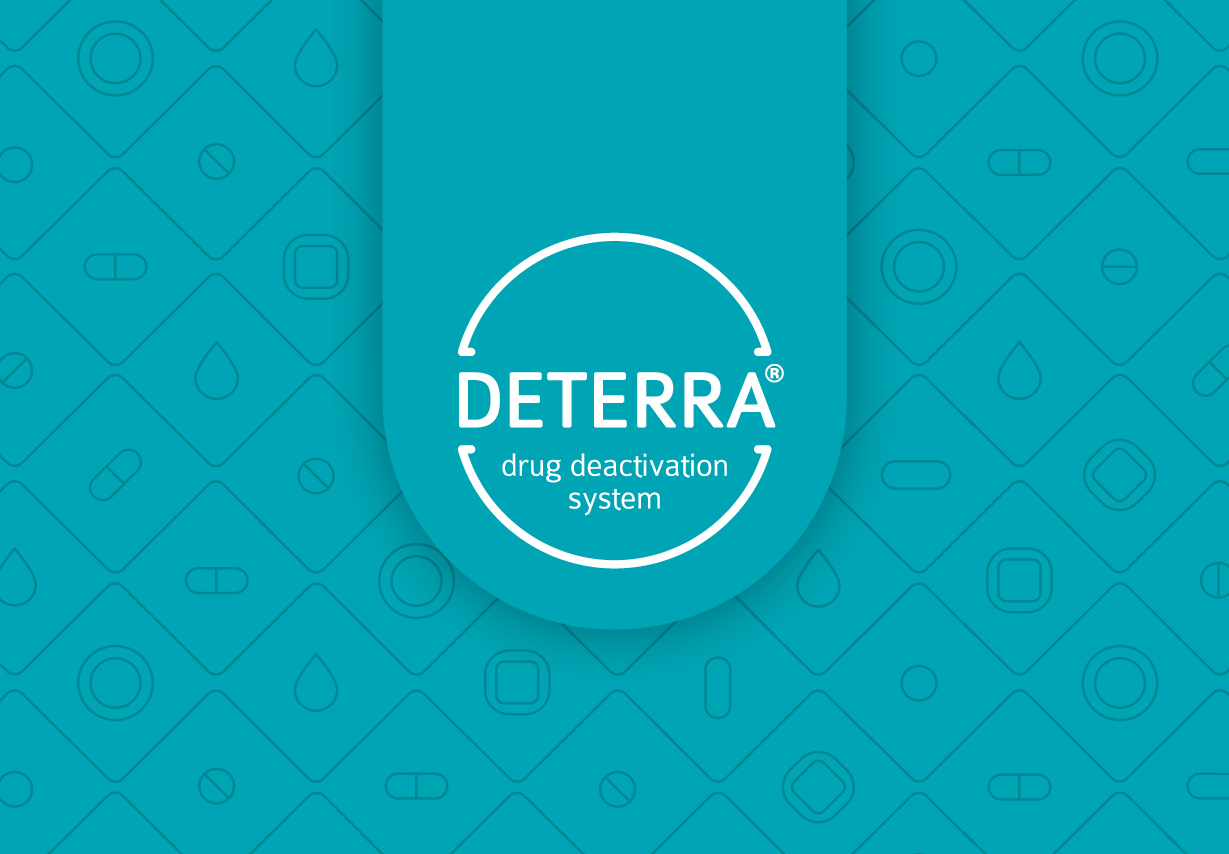
Why Choose Deterra
Deterra empowers communities, organizations, and families to reduce risk, prevent misuse, and protect lives by permanently deactivating unused medications, using

Deterra empowers communities, organizations, and families to reduce risk, prevent misuse, and protect lives by permanently deactivating unused medications, using

Whether at home or in a healthcare setting, our system neutralizes unused pills, patches, liquids, creams, and films on the